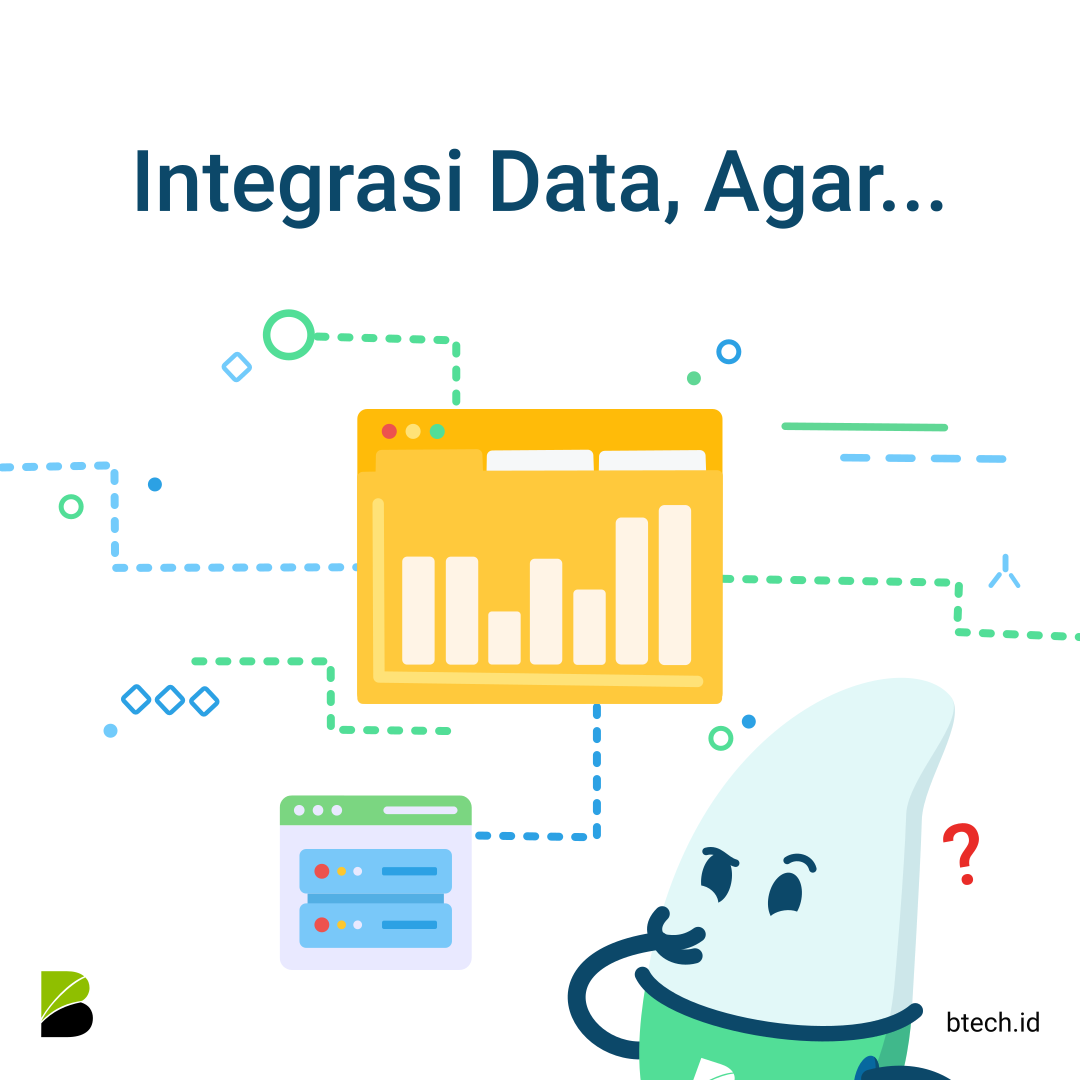In today's data-driven world, organizations are constantly seeking ways to leverage the vast amounts of information at their disposal. Data integration has emerged as a critical solution for businesses to unlock the full potential of their data assets. By combining and harmonizing data from various sources, data integration enables organizations to gain valuable insights, enhance decision-making, and drive operational efficiency. In this article, we will explore the transformative benefits of data integration.
- Comprehensive and Unified View of Data:
Data integration allows organizations to consolidate data from disparate sources, such as databases, applications, and systems, into a single, unified view. By bringing together fragmented data silos, businesses can achieve a holistic understanding of their operations, customers, and market trends. This comprehensive view of data enables organizations to make informed decisions, identify valuable patterns, and gain a competitive advantage.
- Enhanced Data Quality and Consistency:
Data integration processes involve data cleansing, transformation, and standardization, which significantly improve the quality and consistency of data. By eliminating duplicate records, resolving data discrepancies, and applying data validation rules, organizations can ensure that their data is accurate and reliable. High-quality data empowers businesses to make informed decisions, drive strategic initiatives, and improve operational efficiency.
- Improved Decision-Making:
Data integration plays a crucial role in enhancing decision-making processes. By consolidating data from multiple sources, organizations can access a comprehensive and up-to-date view of their business. This enables decision-makers to analyze trends, identify patterns, and gain valuable insights into customer behavior, market dynamics, and operational performance. With accurate and timely data at their fingertips, organizations can make data-driven decisions that drive business growth and innovation.
- Streamlined Business Processes:
Data integration streamlines and automates business processes, eliminating manual data entry and reducing human errors. By integrating data across various systems and applications, organizations can achieve seamless data flow, enabling efficient and streamlined business operations. This leads to improved productivity, reduced costs, and faster response times, ultimately driving organizational efficiency and customer satisfaction.
- Accelerated Time-to-Insights:
Data integration enables organizations to access real-time or near-real-time data, empowering stakeholders to gain insights quickly. Real-time data availability ensures that decision-makers have access to the most up-to-date information, enabling them to respond promptly to changing market conditions and make agile business decisions. Accelerated time-to-insights gives organizations a competitive edge, enabling them to capitalize on emerging opportunities and stay ahead of the competition.
- Enhanced Customer Experience:
Data integration plays a crucial role in creating a comprehensive view of customers, enabling organizations to deliver personalized experiences. By integrating data from various touchpoints, such as customer interactions, purchase history, and preferences, organizations can gain a deep understanding of their customers. This allows businesses to tailor their products, services, and marketing efforts to meet individual customer needs, resulting in enhanced customer satisfaction, loyalty, and retention.
- Compliance and Data Governance:
Data integration helps organizations ensure compliance with data privacy regulations and maintain robust data governance practices. By centralizing data and implementing appropriate security measures, organizations can protect sensitive information and meet regulatory requirements. Data integration allows for better data traceability, consent management, and auditing capabilities, mitigating the risk of data breaches and regulatory non-compliance.
Conclusion:
Data integration is a powerful tool that enables organizations to harness the true potential of their data. The comprehensive view of data, enhanced data quality, improved decision-making, streamlined processes, accelerated time-to-insights, enhanced customer experiences, and compliance benefits make data integration indispensable for businesses in the digital age. By embracing data integration, organizations can unlock valuable insights, drive operational efficiency, and stay ahead in today's data-driven landscape.
Read Also: THE POWER OF DATA INTEGRATION: UNLOCKING INSIGHTS AND DRIVING BUSINESS SUCCESS
